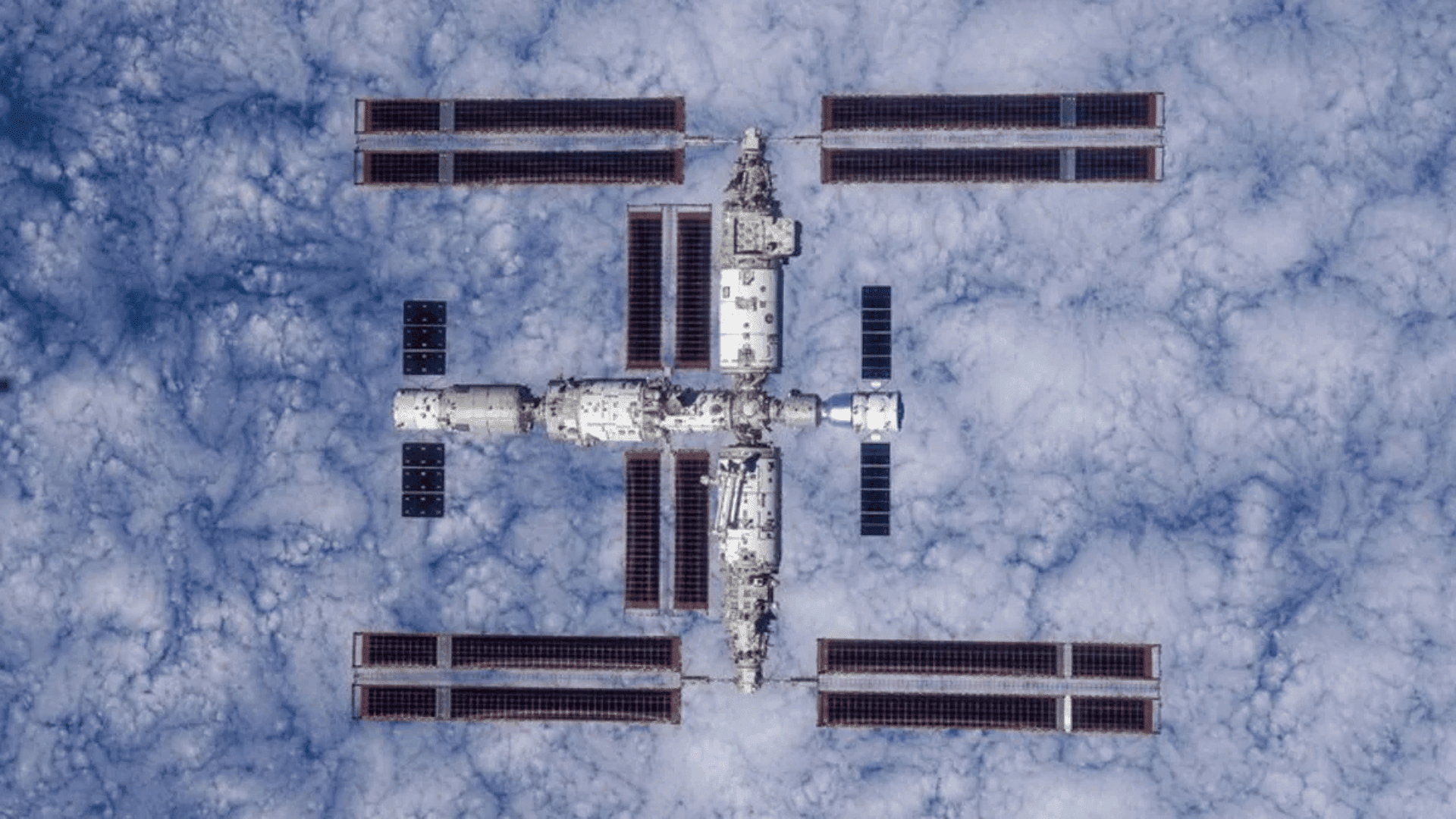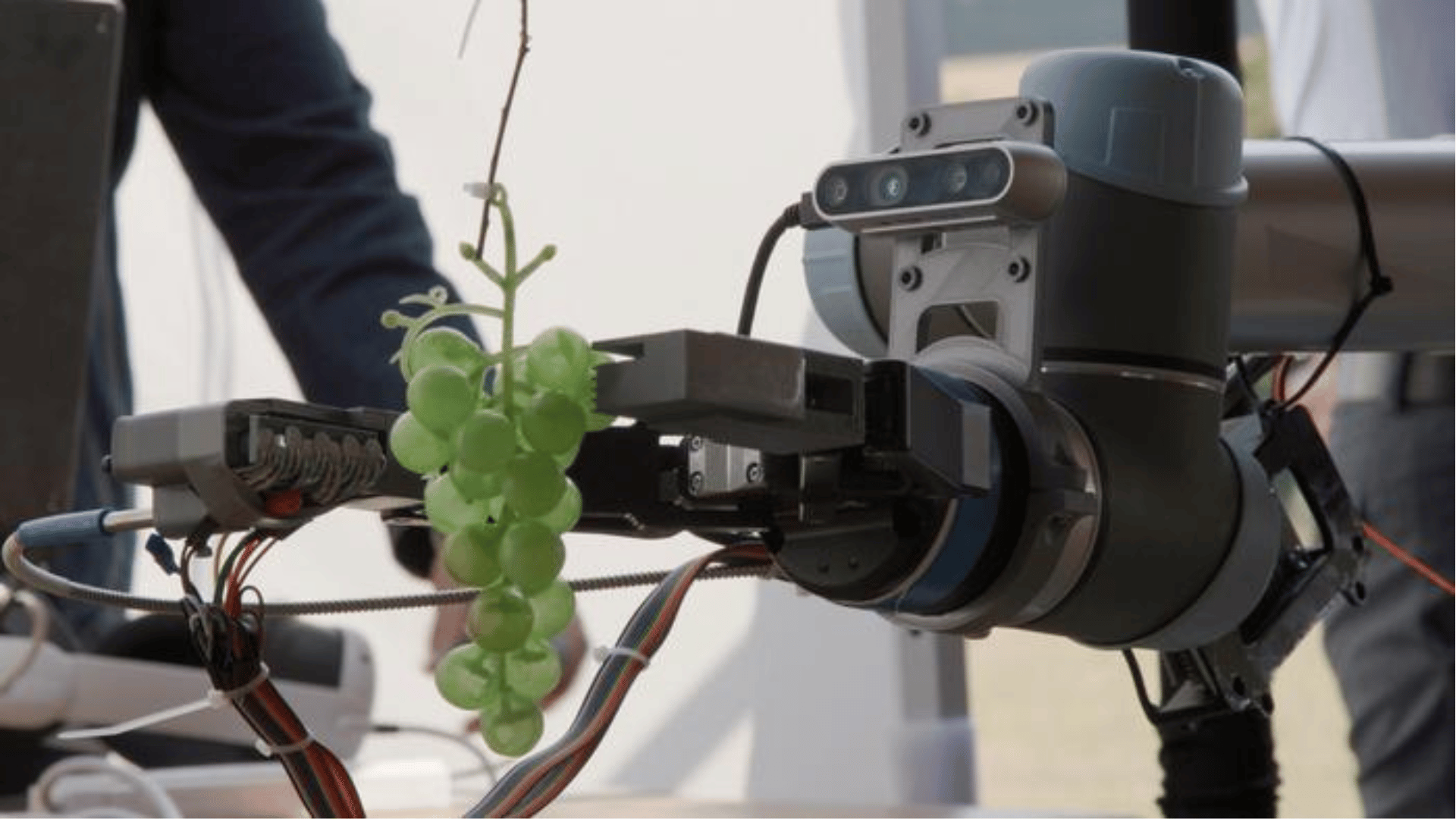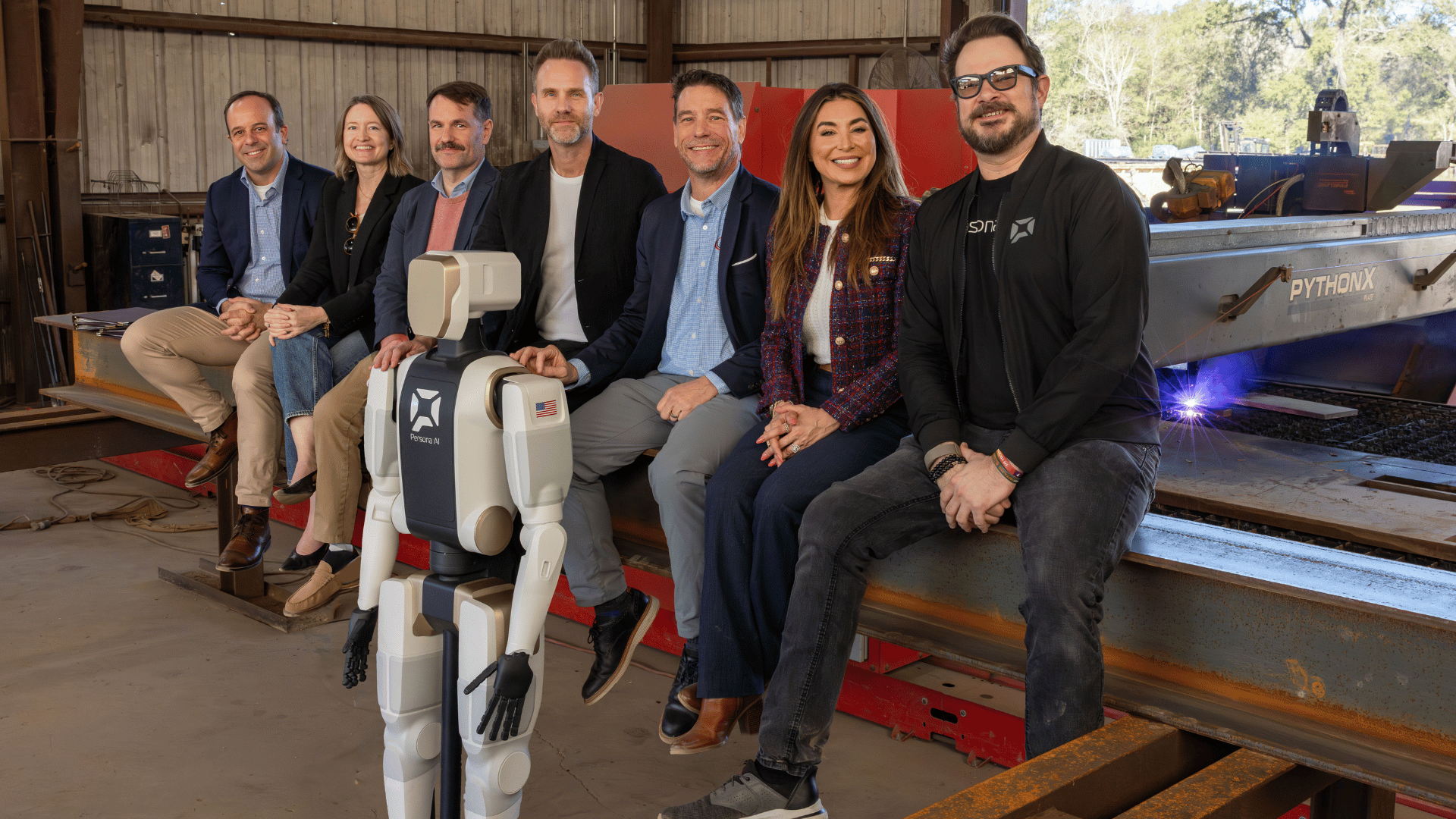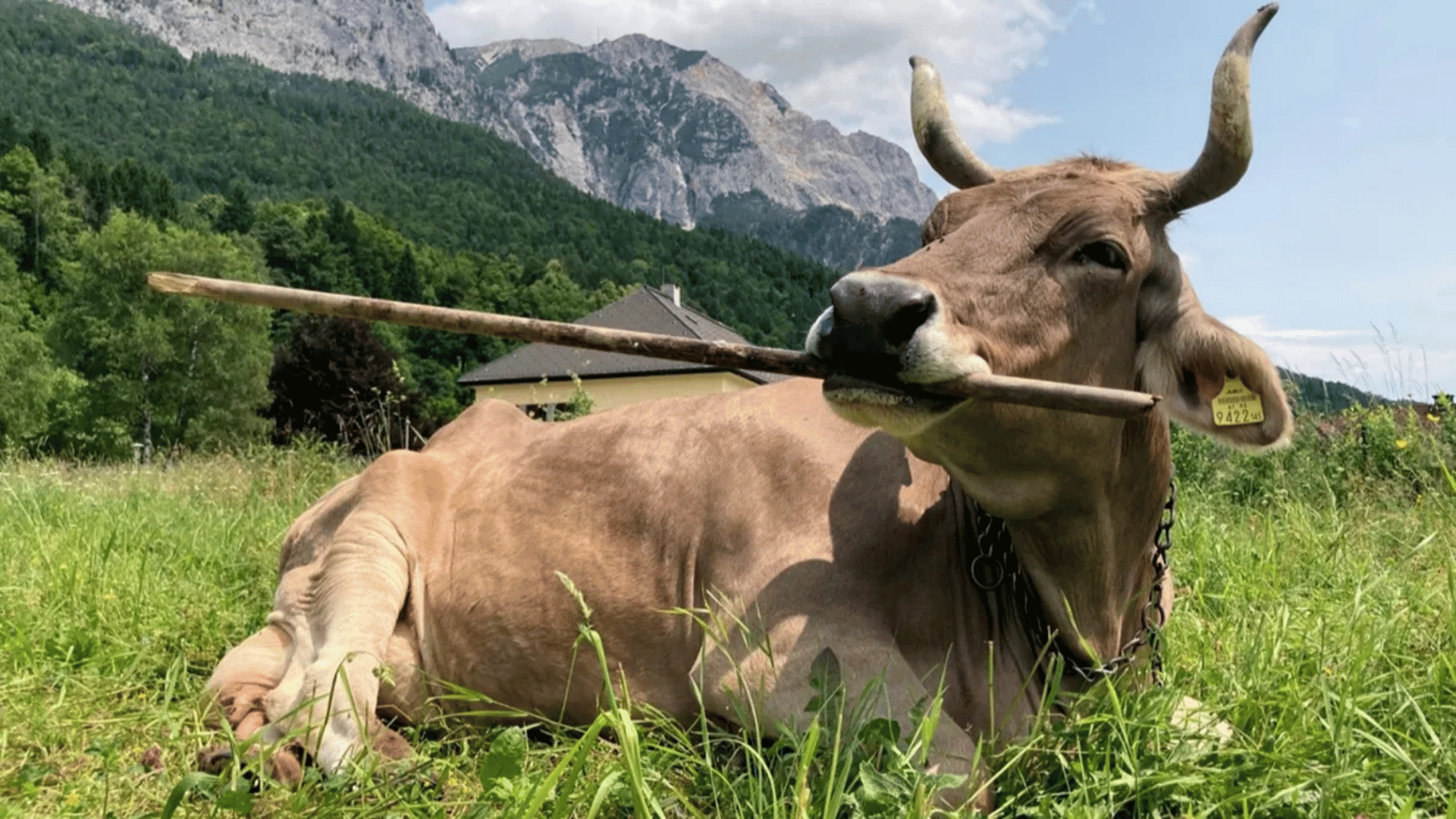Scientists have discovered a new strain of bacterium with “unique abilities” that has allowed it to thrive on the Tiangong Space Station. They believe studying this bacterium could help researchers better understand how bacteria can survive in harsh space environments.
New Bacteria Discovered

According to a paper from the Beijing Institute of Spacecraft System Engineering, published in the International Journal of Systematic and Evolutionary Microbiology, the new bacterium called Niallia tiangongensis was isolated using surface hardware on the space station.
Though the strain appears to be closely related to an Earth bacterium called Niallia circulans, which is found in sewage, food, soil, and human stool, it displays several mutations that separate it from the terrestrial strain. The paper claims that these mutations may help researchers gain insights regarding how life can survive in space.
The paper claims that the novel strain “demonstrates a unique ability to hydrolyze gelatin, suggesting that it can utilize gelatin as a substrate in nutrient-limited environments.” Researchers also stated that there is a “structural and functional” difference in two proteins.
Because of these mutations, the bacterium possesses genes that code responses to oxidative stress, repair the bacteria from radiation damage, and enable them to form biofilms by breaking down gelatin to extract carbon and nitrogen. These differences make the strain more resilient to harsh space environments.
These are likely mutations of Earth bacteria developed in space. Samples of the novel strain were reportedly collected in 2023 using sterile wipes to swab the surface of the station before returning the frozen wipes to Earth.
Testing these samples could lead to valuable information for long-term space flights, medicine, and agriculture.
“Understanding the characteristics of microbes during long-term space missions is essential for safeguarding the health of astronauts and maintaining the functionality of spacecraft,” the researchers wrote in the study.







